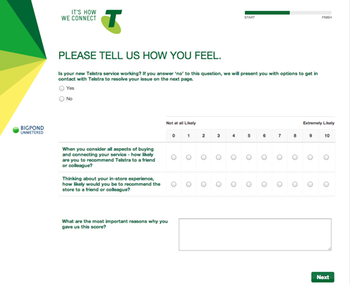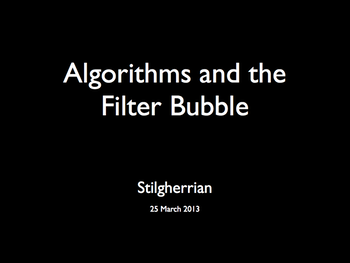 With ABC Radio National Breakfast out of the way, I settled down to write my Crikey story about the Instagram saga.
With ABC Radio National Breakfast out of the way, I settled down to write my Crikey story about the Instagram saga.
By that stage my understanding of the story had evolved.
I was becoming increasingly cranky with so many people, including many who should know better, pushing the “Instagram wants to sell your photos” line. Failing to distinguish between selling a license to use a photo in various ways and selling the ownership of the photo itself was a massive failure. The difference is as clear at that between selling a house and renting it out to a tenant.
There was also a clarification from Instagram, making it clear that they weren’t seeking such ownership, admitting that they really hadn’t figured out precisely what it was they wanted to do with users’ photos, and agreeing that the language was open to misinterpretation.
I incorporated this into my Crikey piece, which was given the headline: Users snap over Instagram, but should have seen it coming.
In hindsight, and had I know this was to be the headline, I wouldn’t have been so blunt in my final paragraph.
The core lesson here is that services like Instagram aren’t free. You pay for them by licensing the operator to use your content and other data in various ways. If you don’t like that, well, pay for your goddam internet hosting yourself.
All I meant by this was that internet hosting is pretty cheap these days, and there’s plenty of low-cost providers to choose from. It’s not as if Instagram is a public service that owes you anything.
In any event, I filed the Crikey story before midday as usual. It seemed to me that Instagram was responding appropriately, and I’d always thought they were at the responsible end of social networking. My thoughts were now moving to the future. Would Instagram be able to prove they were worth their billion-dollar price tag? How would they behave if they didn’t start generating revenue?
But on the way to a lunch in the Sydney CBD, I ended up discussing the issue with a journalist for ABC TV’s 7.30 and a producer with ABC 666 Canberra. It was becoming clear to me that for most people in the media this was a brand new issue. Further media spots were being organised.
The next to be recorded, though not the next to go to air, was with ABC Radio’s national current affairs program PM. What pleases me about this piece, I think, is that the “tape ID” — the bit at the front of a recording where you identify who you are so there’s no confusion later — was included as part of the story. Because I used the word “arsehattery”.
Podcast: Play in new window | Download (Duration: 4:00 — 2.2MB)
This audio is ©2012 Australian Broadcasting Corporation, and is an unedited copy of the original audio posted on their website. There’s a transcript over there too, where they spell arsehattery “ass-hattery”. The journalist was Will Ockenden.
![]() Apparently I’m not scary enough for the University of Technology Sydney (UTS). My guest lecture earlier this year, Algorithms and the Filter Bubble, is now a regular fixture.
Apparently I’m not scary enough for the University of Technology Sydney (UTS). My guest lecture earlier this year, Algorithms and the Filter Bubble, is now a regular fixture.

 On Wednesday night I ended up having a long, rambling chat on the radio about Twitter’s new advertising deal and the arrest of an alleged hacker who apparently claimed to be the leader of LulzSec.
On Wednesday night I ended up having a long, rambling chat on the radio about Twitter’s new advertising deal and the arrest of an alleged hacker who apparently claimed to be the leader of LulzSec. Here’s the guest lecture I delivered at the University of Technology Sydney on 25 March 2012, “Algorithms and the Filter Bubble”. Full audio and slides for now, a transcript to follow in the next few days.
Here’s the guest lecture I delivered at the University of Technology Sydney on 25 March 2012, “Algorithms and the Filter Bubble”. Full audio and slides for now, a transcript to follow in the next few days.